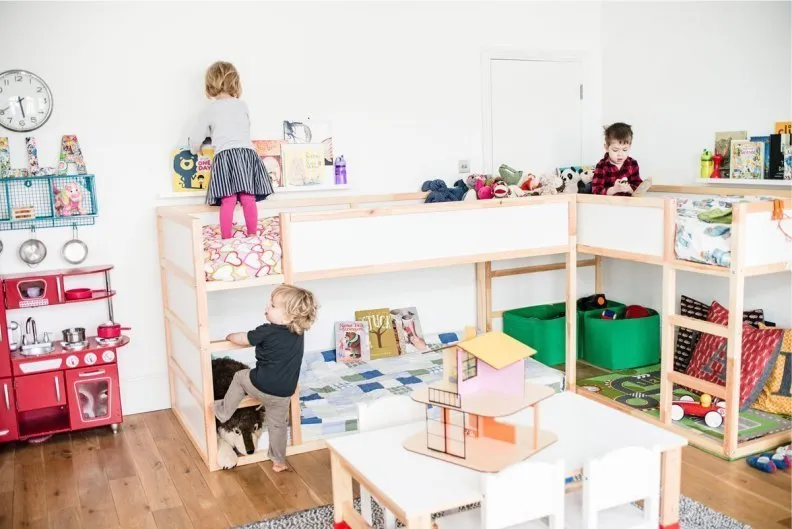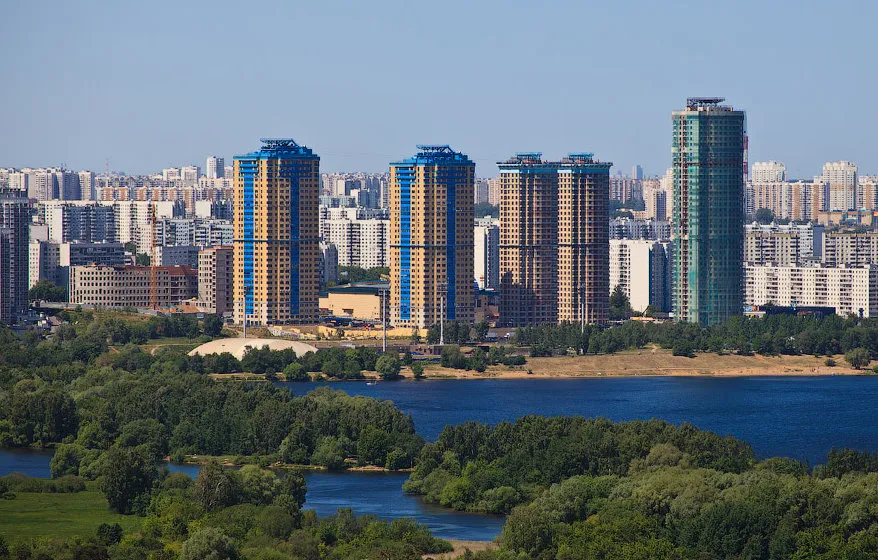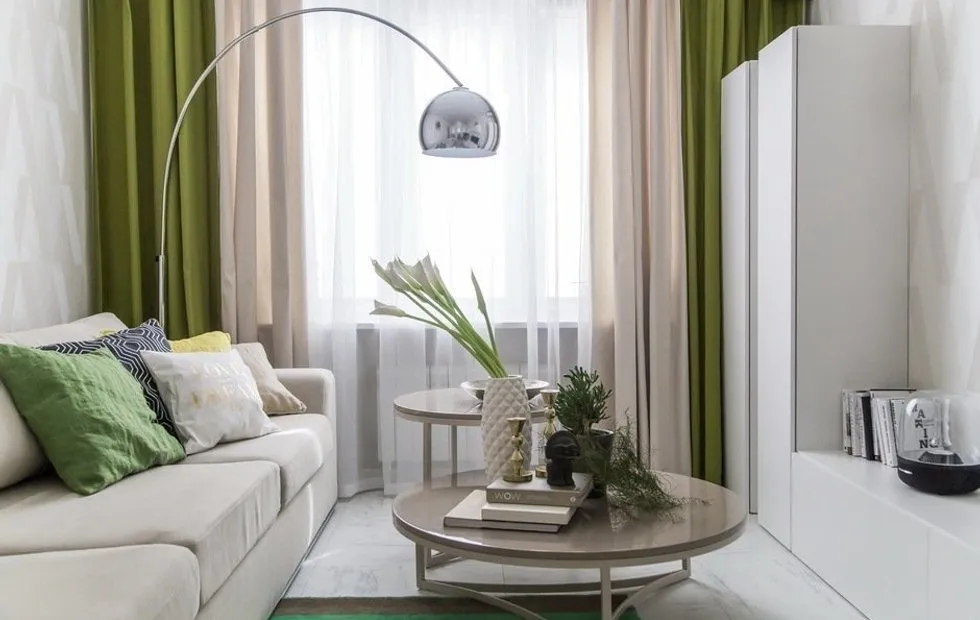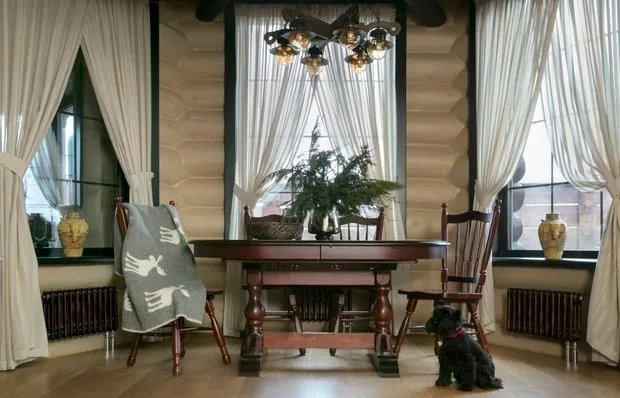3 Questions to Ask Yourself Before Buying an Apartment
When buying an apartment, you need to be honest not only with your realtor and seller, but also with yourself. Our expert formulates three questions that everyone should ask themselves before buying an apartment.
Maria Litineckaya ExpertManaging Partner of "Metrium Group", a real estate and consulting company operating in the Moscow region and St. Petersburg. 1. How will your family change in the coming years?
Most people plan the size and number of rooms in their future apartment based on their current income and standard requirements. However, sometimes it's better to find something more budget-friendly but take one extra room, because your mother might move in to help care for a young child.
Children grow up, get pets, and develop unusual hobbies. A little ballerina might need a spacious separate corner for lessons. To allow your son to play the tuba peacefully, you don't need a lot of space, but his room should be separate with good sound insulation.

It is, of course, impossible to foresee all life's twists in advance. But spend a few evenings and try to come up with several different family development scenarios, taking into account the interests of all its members. Give your kids a 'homework assignment': plan their next few years, talk about hobbies and interests. This will help you choose an apartment of such size and layout that it excludes future conflicts over personal space and comfort.
 2. Which areas suit you better for living, and which less?
2. Which areas suit you better for living, and which less?Often people who decide to move into a new home look at too narrow geographical ranges, thereby significantly limiting their options. And for no reason. Perhaps the location you've chosen is not ideal for living, but just more familiar.
Imagine that you decided to move to another city about which you know nothing yet. Make a list of the location details you definitely need (for example, a fitness center with a pool within walking distance and a park where you can ride your bikes).
Think about the details you definitely won't be able to live with (e.g., industrial facilities, a large mall nearby – for some this is a plus, but for others it's a minus, as it means constant crowds of people and cars).

After determining your personal preferences, try to look more broadly at the city where you will actually live. 'Try on' your expectations in different locations. And assess them objectively: how is the transport accessibility here, what is the ecological situation, how many kindergartens, schools and clinics. This information is easy to find online.
Don't forget to learn details about the crime situation. By the way, many fears in Moscow are now greatly exaggerated, and it's better to base your choice on official reports from the MVD rather than urban legends. Remember that personal communication with residents of these or other locations is always a treasure trove of useful information. So ask friends and acquaintances how they live in their area more often.
As a result of such research, you will begin to see the location choice for comfortable living more broadly. And you will definitely know what questions to ask your realtor about the property in a district about which you currently know nothing.
 3. What is your actual family budget?
3. What is your actual family budget?Are you planning to buy an apartment on mortgage, in installments, or do you intend to pay for it all at once? It's important to understand your financial capabilities fully. Often, the purchase of a new apartment is clouded by the fact that buyers don't fully consider, for example, the costs of renovation. As a result, the whole family lives in boxes surrounded by decorators, and everyone curses the day they decided to move.
To avoid such consequences, you must arm yourself with a notebook and calculator at the very beginning. You can only objectively calculate your budget yourself. Because anyone else, in general, will assess only your income, and even that only for a short period. In reality, you need many more figures.
 Expenses
ExpensesTry calculating expenses for the past 2–3 years and derive an average figure (of course, it will be approximate, but it will help you clearly understand your capabilities) – how much you spend per month, quarter, year?
Divide expenses into different categories: food, clothing, transport, entertainment. Think about which expense items in your budget you could give up if necessary and how much money you would actually save?
By how much will your monthly costs increase if another child joins the family? What major purchases might you have in the near future: renovation and furniture, a new car, large household appliances, education of children? How much have you saved and how much can you save in the future – monthly, yearly?
 Incomes
IncomesTry to assess your incomes as objectively as possible: how has your salary level changed in recent years, how might it change in the future? Calculate pessimistic, realistic and optimistic scenarios for events over the next few years. How much money do you have in savings and what portion of it are you ready to spend?
 Balance
BalanceCompare income and expenses in different periods: month, quarter, year, five years. The figures you get will definitely surprise you – few people look at their budget in such a breakdown unless there's a special need. But as a result, you will clearly see what amounts you can rely on. This knowledge is very helpful in choosing your future apartment.
Many developers rush their buyers to make a decision, justifying the rapid increase in prices or the emergence of a shortage of suitable apartments. But even if such prospects are real, it's not worth sacrificing future comfort for a momentary gain. To find an apartment suitable for you and your family, many nuances must be taken into account and the deal should be approached very rationally.

Need a renovation specialist?
Find verified professionals for any repair or construction job. Post your request and get offers from local experts.
You may also like
More articles:
 Wall as Organizer: 4 Interesting Finishing Options
Wall as Organizer: 4 Interesting Finishing Options Test: How Well Do You Know Soviet Design
Test: How Well Do You Know Soviet Design If You Missed It: 10 Best Articles of February
If You Missed It: 10 Best Articles of February How to Buy Real Estate Without Leaving Home
How to Buy Real Estate Without Leaving Home 10 Ideas for Decorating a Wooden House
10 Ideas for Decorating a Wooden House How to Raise Low Ceilings: 7 Pro Tips
How to Raise Low Ceilings: 7 Pro Tips How to Start Your Own Design Studio and Is It Worth It: A Professional's Opinion
How to Start Your Own Design Studio and Is It Worth It: A Professional's Opinion How One Designer Breathes New Life into an Old House
How One Designer Breathes New Life into an Old House